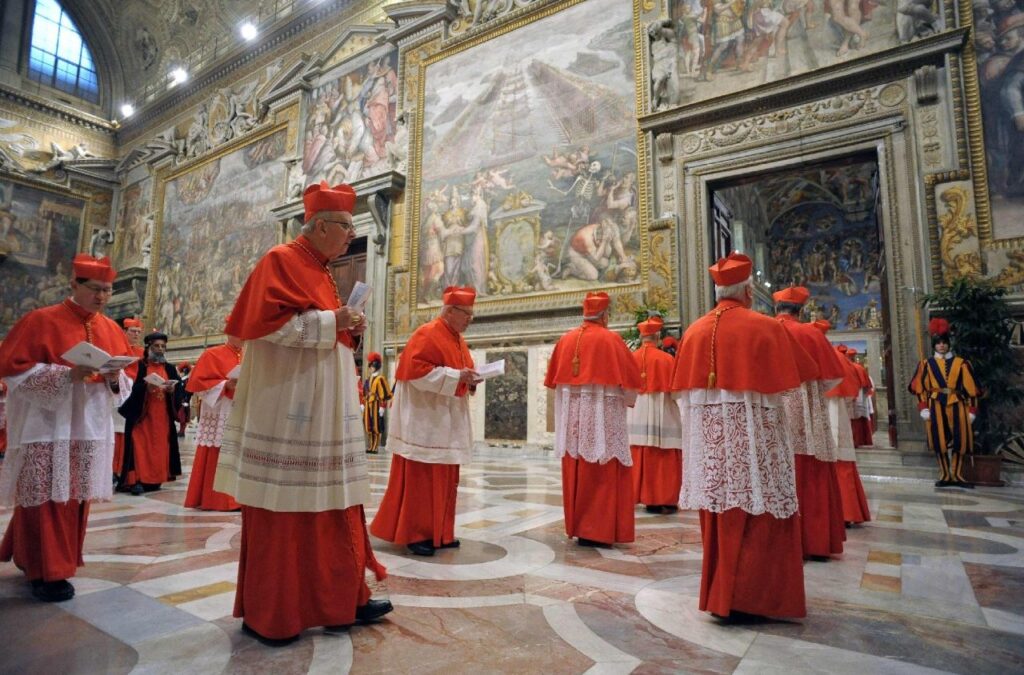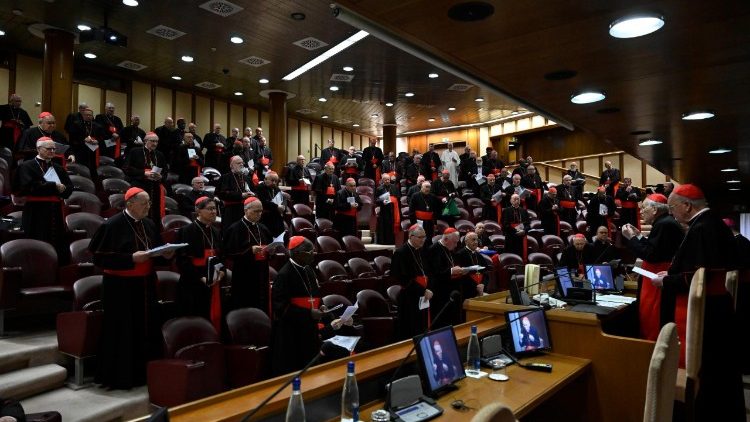What is Advent: Meaning, Tradition, and Preparation
Advent is a liturgical season filled with meaning and tradition in the Catholic Church. This period, which marks the beginning of the liturgical year, is meant to prepare the faithful for the celebration of Christmas. During Advent, Christians focus on the expectation and hope of the birth of Jesus Christ, as well as the preparation […]

Advent is a liturgical season filled with meaning and tradition in the Catholic Church. This period, which marks the beginning of the liturgical year, is meant to prepare the faithful for the celebration of Christmas. During Advent, Christians focus on the expectation and hope of the birth of Jesus Christ, as well as the preparation for his second coming. Below, we explore in detail the meaning, traditions, and spiritual preparation that characterize this special time.
Meaning of Advent
The word “Advent” comes from the Latin “adventus,” meaning “coming” or “arrival.” This period comprises the four weeks before Christmas and focuses on three comings of Christ: his birth in Bethlehem, his arrival in our lives through the sacraments, and his glorious return at the end of time.
Advent is a time of hope and expectation. Christians are called to reflect on the humility and love of God, which are manifested in the mystery of the Incarnation. This season also invites the conversion of the heart, promoting a state of constant vigilance and prayer.
Advent Traditions
There are various traditions that help the faithful to live Advent in a deeper and more meaningful way:
- The Advent Wreath: It is one of the best-known symbols. It consists of a wreath of green branches with four candles. Each Sunday of Advent, a candle is lit, remembering that Christ is the light that illuminates the world. The candles represent hope, peace, love and joy.
- The Advent Calendar: This calendar, which can vary in format, is used to count the days from the beginning of Advent until Christmas Eve. It is a visual and attractive way to involve the whole family, especially children, in waiting for the birth of Jesus.
- The Posadas: In some Spanish-speaking countries, such as Mexico, the tradition of the Posadas is celebrated. This practice recreates the pilgrimage of Mary and Joseph seeking lodging in Bethlehem. It is a communal celebration that includes songs, prayers, and often acts of charity.
Spiritual Preparation
Advent is a time of preparation not only externally, but also internally. The Church invites the faithful to prepare their hearts and minds to receive Christ. Some ways to do this include:
- Prayer: Increase time spent in personal and family prayer. Meditation on the Bible readings and the mysteries of the rosary can be especially fruitful during this time.
- Confession: It is an opportune time for the sacrament of reconciliation. Cleansing the heart through confession helps one receive Christ with a renewed and grace-filled spirit.
- Charity: Practice acts of love and service toward others, especially those most in need. This spirit of charity reflects God’s love and prepares the heart for the birth of Jesus.
- Fasting and Abstinence: Although not as rigorous as Lent, some faithfuls opt for small sacrifices or acts of penance to better focus on the true meaning of Advent.
Advent is a time of great importance for Christians, marked by hope and preparation for the birth of Jesus Christ. Through meaningful traditions and conscious spiritual preparation, the faithful prepare to celebrate the coming of the Savior with hearts filled with joy and gratitude. During this time, we are invited to live in hope and renew our faith, remembering that Christ comes into our lives every day and that we must always be ready to receive him.
Related

A Historic Conclave: 133 Cardinals Prepare to Elect Pope Francis’ Successor
Exaudi Staff
30 April, 2025
3 min

The Conclave: History, Process, and Traditions of Papal Election
Exaudi Staff
30 April, 2025
3 min

What are the Congregations before the Conclave?
Exaudi Staff
29 April, 2025
3 min

Carlo Acutis: The Cyber-Apostle of the Eucharist Who Inspires Youth
Exaudi Staff
29 April, 2025
4 min
 (EN)
(EN)
 (ES)
(ES)
 (IT)
(IT)

